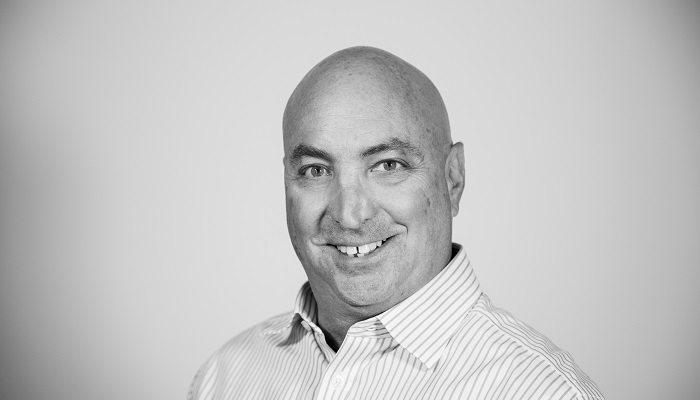Not knowing where the “finish line” was proved to be one of the biggest mental health challenges to ultra marathon runner and Vitality director of specialist health sales and dedicated distribution Athos Rushovich’s recovery from open heart surgery over the last year.
As the subject of the Association of Medical Insurers and Intermediaries’ (AMII) latest Talking Health and Wellbeing podcast, Rushovich (pictured) told AMII executive chairman Dave Middleton about what resilience now means to him after being told by a friend’s wife to get checked out following a 50km run.
Rushovich revealed he had run a dozen or so ultra marathons and started to notice it was getting harder to warm up.
On the day of the run his lungs felt sore and he was convinced he was not coping with the cold air on a -4 degree day. But a wife of a friend who was medically trained, told Rushovich that she suspected the problem may be his heart rather than his lungs.
Following a trip to the cardiologist and a subsequent electrocardiogram (ECG) and angiogram, Rushovich was told he needed open heart surgery.
Mental recovery the biggest challenge
Private healthcare meant Rushovich was treated quickly, but following the operation, the biggest challenge was dealing with the mental recovery.
Rushovich added the healing process of the operation for the bone structure was “critical and very volatile” – meaning if it is shifted the patient is in “really big trouble”.
“You are just so frightened to do anything for fear of disrupting this,” he said.
“And what I found from a resilience perspective or a place of confidence perspective, was it was really, really difficult.
“What I needed to do was to get into a proper cardiac rehab programme with professionals who could guide me through the recovery process physically.
“But the big thing that I found was how do you break through this thing mentally?
“You’ve been ravaged by this operation that’s saved your life, or extended your life and the quality of your life, but you’re frightened, you lack confidence. Simply walking is a challenge.”
Where is the finish line?
Consequently Rushovich started reading about resilience and what it would take to recover.
“My experience with resilience post-heart surgery was where’s the finish line?” he continued.
“You don’t know that it’s 26 miles or it’s 100km or whatever. Where’s the finish line? That plays with your mind.
“And so you start to think about resilience in a different way and it becomes more about how do you rebound? How do you get back from this? What do I need to do physically and mentally to regain the position that I was at before this thing happened?”
“The question is then what can I learn from it? How do I reinvent what I’m doing with my own life, whether that be in a business sense or a family sense, or just the way that I interact with the environment around me or this work-life balance thing that people talk about.
“How do I reinvent who I am? And then how do I surge beyond that and become better and take this whole thing and wrap it up into something positive?
“And then how do I share that stuff with other people so that my experience can lead to a positive impact in others’ lives?”
It was during his hospital stay that Rushovich he began to process his experience and try to figure out what it meant for the balance of his life.
“I do think you have a choice,” he continued. “You have to be purposeful about making a decision which says this is not going to define me or or what I do next.
“And here we are two years on, and I have done two marathons since then.
“I did London with my son and it was an unbelievable experience to run together with utter confidence that the pump and the pipes were in fine shape.”
